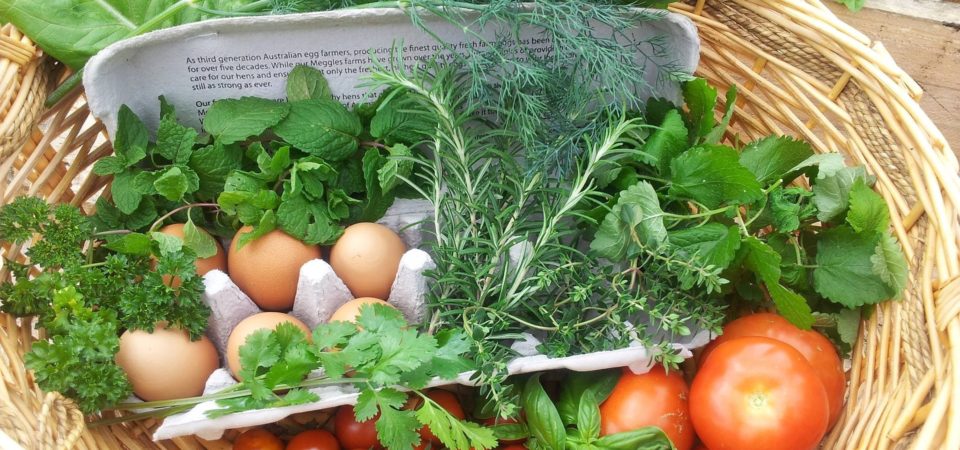Item Link: Access the Resource
File: Download
Date of Publication: July 21
Year of Publication: 2021
Publication City: London, UK
Author(s): Becky Blackford
Journal: The Journal of Population and Sustainability
Volume: Vol. 5, No. 2
Pages: 17-62.
Abstract
As population growth continues, sustainable food behavior is essential to help reduce the anthropogenic modification of natural systems, driven by food production and consumption, resulting in environmental and health burdens and impacts.
Nudging, a behavioral concept, has potential implications for tackling these issues, encouraging change in individuals’ intentions and decision-making via indirect proposition and reinforcement; however, lack of empirical evidence for effectiveness and the controversial framework for ethical analysis create challenges.
This systematic review evaluated the effectiveness of nudging interventions on sustainable food choices, searching five databases to identify the effectiveness of such interventions. Of the 742 identified articles, 14 articles met the eligibility criteria and were included in this review.
Overall, the potential of certain nudging interventions for encouraging sustainable food choices was found in strategies that targeted ‘system’ thinking (automatic, intuitive, and non-conscious, relying on heuristics, mental shortcuts, and biases), producing outcomes which were more statistically significant compared to interventions requiring consumer deliberation.
Gender, sensory influences, and attractiveness of target dishes were highlighted as pivotal factors in sustainable food choice, hence research that considers these factors in conjunction with nudging interventions is required.
Keywords: nudging interventions; sustainable food choice; food security
Read the full paper here or download it from the link above.

